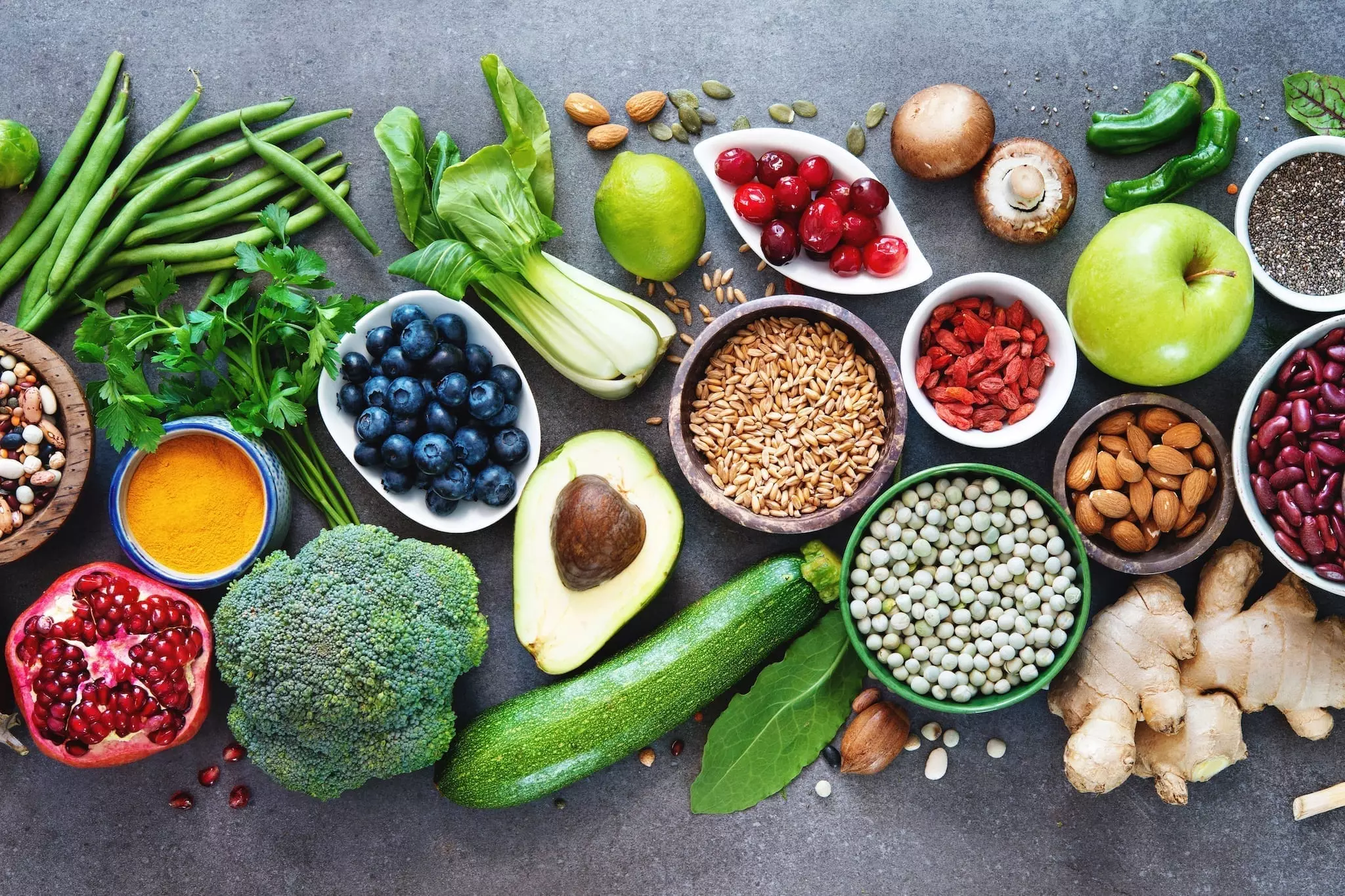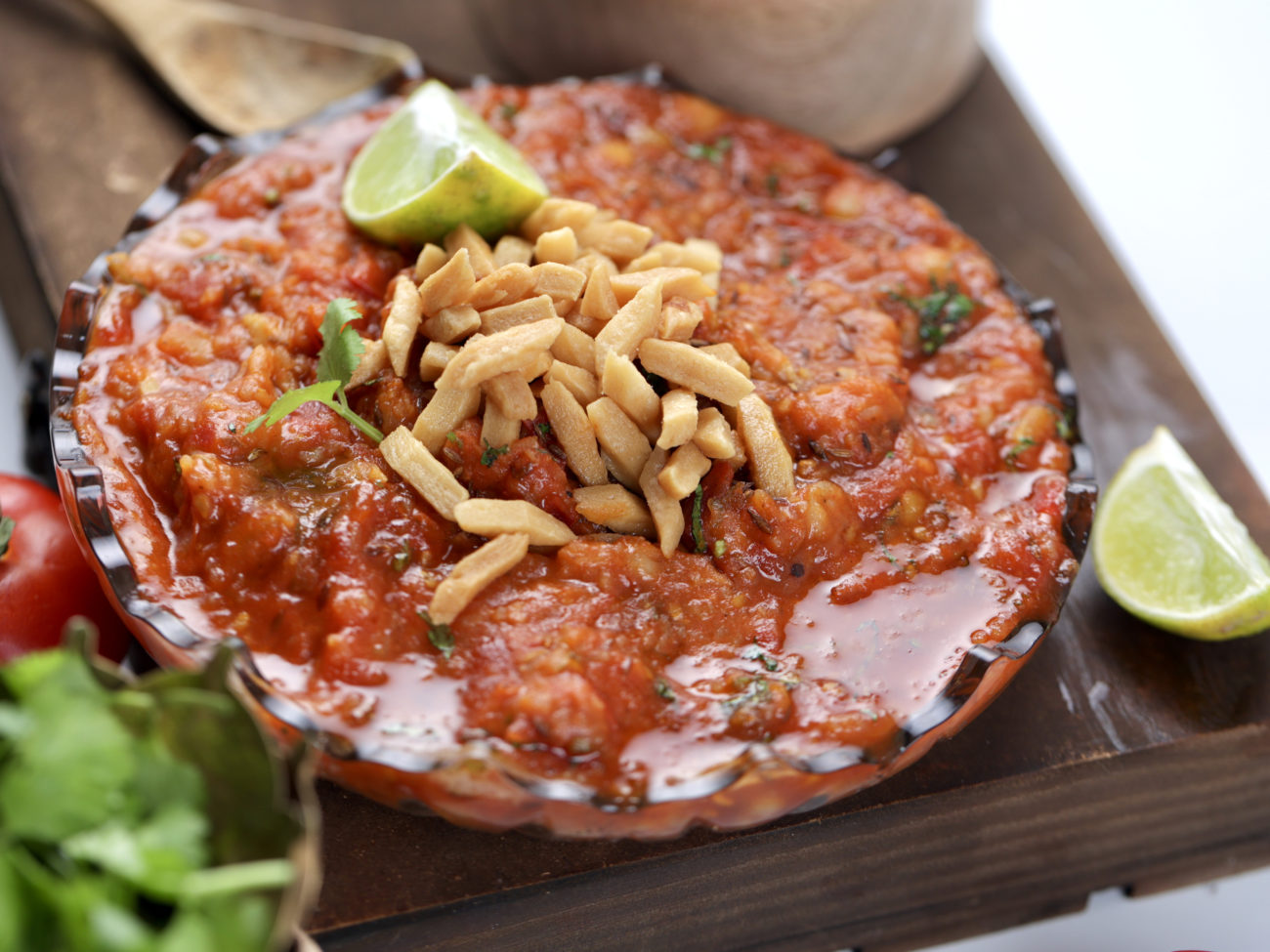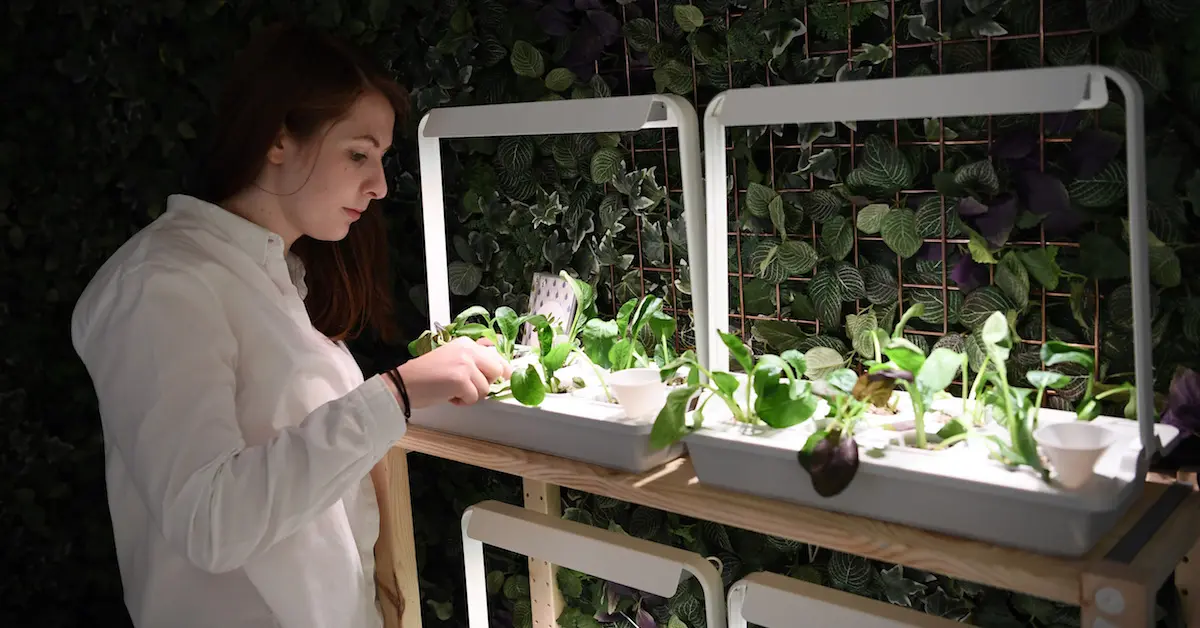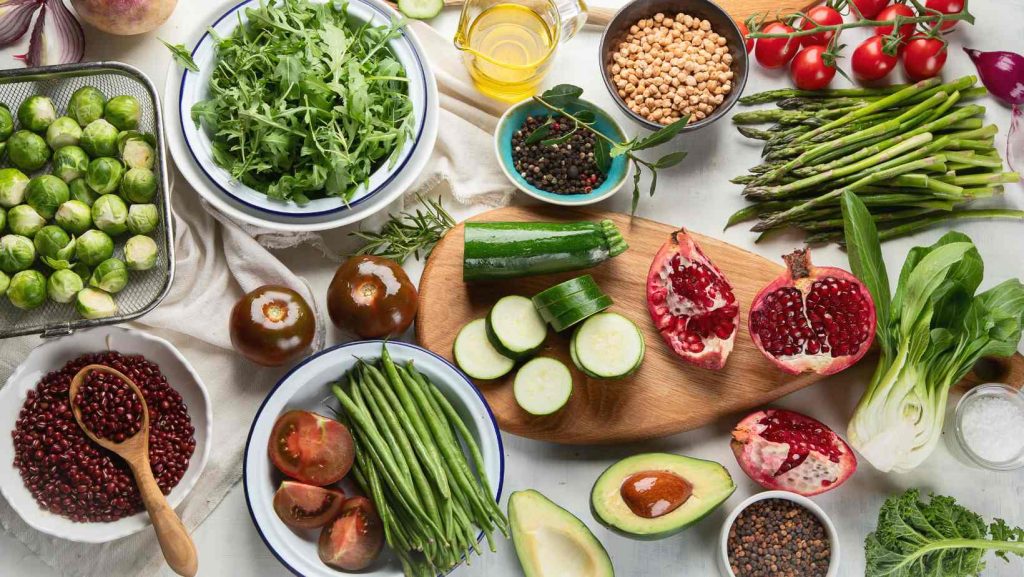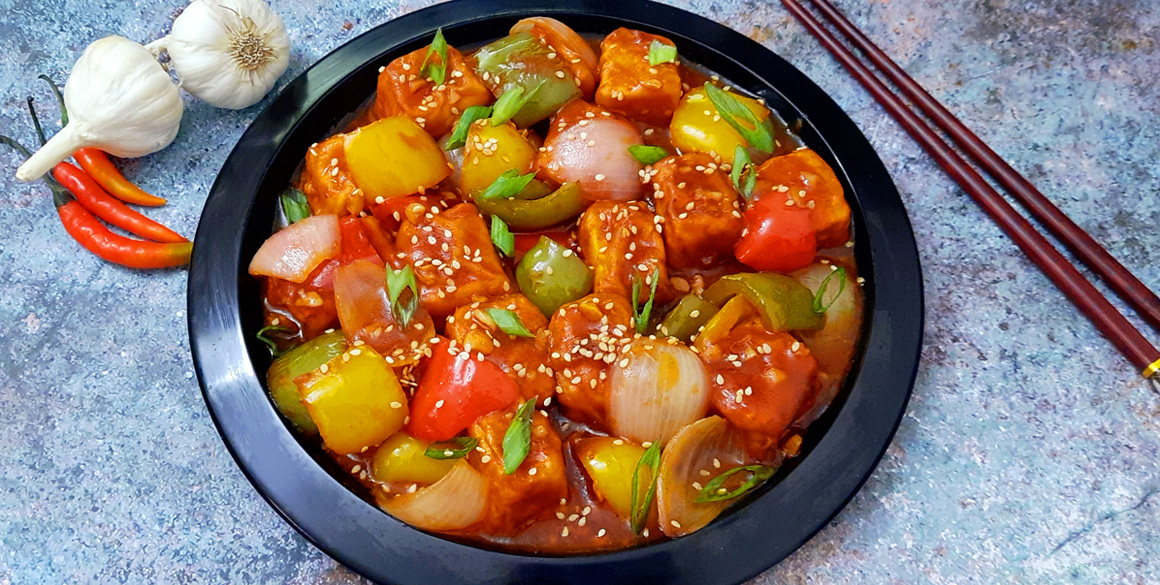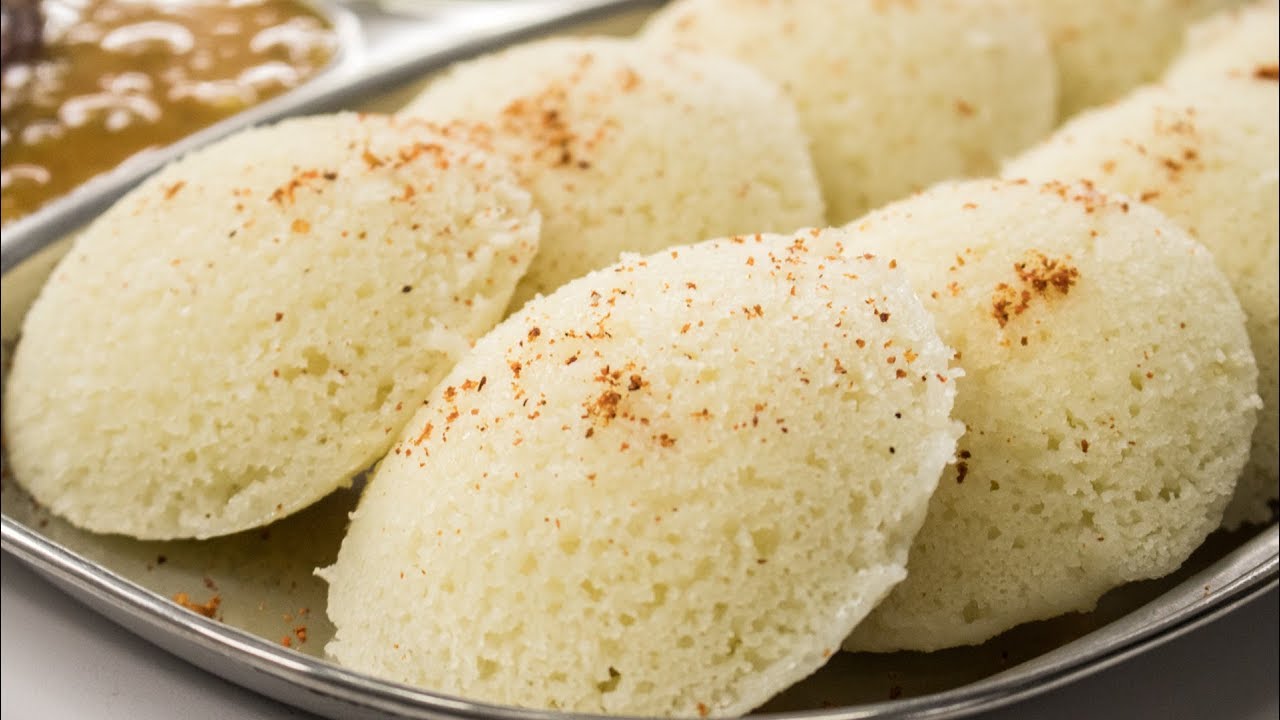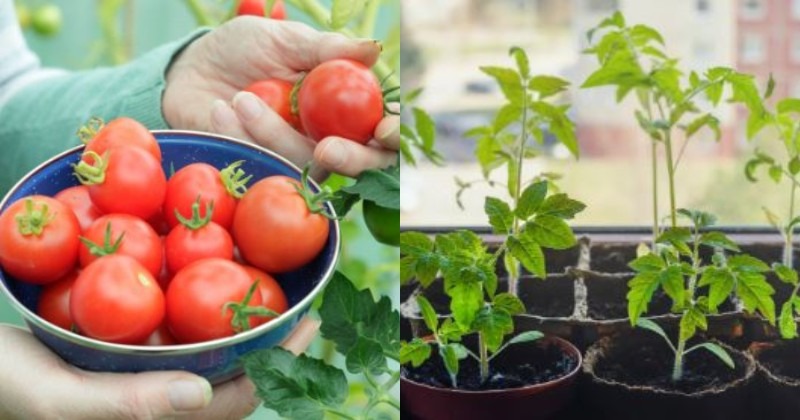Healthy eating is becoming a priority for many people today. Among different lifestyles, the whole-food plant-based diet has gained special attention. It is simple, nutritious, and good for long-term health. Unlike restrictive fad diets, it focuses on natural foods that are easy to find and prepare. In India, where plant-based meals are already common, this diet can be easily followed with small changes.
What Is a Whole-Food Plant-Based Diet?

A whole-food plant-based diet (WFPB) is a way of eating that focuses mainly on foods that are natural, unprocessed, and plant-based. It is not just about being vegetarian or vegan. It is more about choosing the right kind of foods.
This diet avoids heavily processed items like packaged snacks, refined sugar, and white flour. Instead, it includes vegetables, fruits, whole grains, legumes, nuts, and seeds in their most natural form.
Key Principles of a Whole-Food Plant-Based Diet
- Eat more whole foods – Focus on fruits, vegetables, grains, legumes, nuts, and seeds.
- Reduce or avoid animal products – Some people eat none, while others keep them minimal.
- Avoid processed foods – Say no to refined sugar, packaged chips, instant noodles, and junk food.
- Cook simply – Prepare meals with less oil, salt, and sugar.
- Choose local and seasonal foods – Fresh, seasonal produce is healthier and cheaper.
Benefits of a Whole-Food Plant-Based Diet

- Better Heart Health – It lowers cholesterol and reduces blood pressure.
- Weight Management – High fibre foods keep you full and prevent overeating.
- Improved Digestion – More fibre means better gut health.
- Diabetes Control – Helps maintain stable blood sugar levels.
- Cancer Prevention – Rich in antioxidants and natural nutrients.
- Good for the Planet – Reduces environmental impact by cutting down on animal-based foods.
Also Read Making Your First Plant-Based Meal: A Beginner’s Guide to Healthy Eating in India
Examples of Foods to Include
- Vegetables: spinach, methi, carrots, beans, cabbage, bhindi.
- Fruits: bananas, papayas, mangoes, apples, guava.
- Whole Grains: brown rice, millets, oats, quinoa, whole wheat.
- Legumes: lentils, chickpeas, kidney beans, green gram.
- Nuts and Seeds: almonds, walnuts, chia seeds, flaxseeds, pumpkin seeds.
- Spices and Herbs: turmeric, ginger, garlic, coriander, curry leaves.
Foods to Avoid or Limit
- Refined sugar and sweets made from it.
- White bread, maida, and processed flour items.
- Packaged snacks like chips, biscuits, and fried namkeen.
- Soft drinks and sugary juices.
- Excess oil, butter, and ghee.
- Heavily processed mock meats and artificial substitutes.
How to Start a Whole-Food Plant-Based Diet in India
- Begin with small changes – Replace white rice with brown rice or millet.
- Cook at home – This way, you can control oil, sugar, and salt.
- Add more vegetables – Fill half your plate with sabzis or leafy greens.
- Try Indian dals and legumes – Moong dal, rajma, chole, and masoor dal are protein-rich.
- Experiment with traditional recipes – Make idlis with ragi, use jaggery instead of sugar, and cook rotis with multigrain flour.
- Snack smart – Replace chips with roasted chana, fruits, or dry fruits.
Sample One-Day Plant-Based Meal Plan
- Breakfast: Poha with vegetables + one fruit.
- Mid-morning Snack: Coconut water + handful of soaked almonds.
- Lunch: Brown rice, rajma curry, cucumber salad, and stir-fried bhindi.
- Evening Snack: Sprout chaat with lemon and onions.
- Dinner: Multigrain roti, dal, mixed sabzi, and carrot-beet salad.
Tips for Success on a Whole-Food Plant-Based Diet
- Plan your meals for the week.
- Keep healthy snacks ready to avoid junk food.
- Shop for fresh vegetables and fruits every few days.
- Drink enough water throughout the day.
- Use traditional spices to make meals tasty without too much oil.
FAQs on Whole-Food Plant-Based Diet
Q1. Is this the same as being vegan?
No. A vegan diet avoids all animal products, but a whole-food plant-based diet focuses more on natural, unprocessed foods. Some people on WFPB may use small amounts of dairy or honey.
Q2. Can I get enough protein without meat?
Yes. Indian foods like dal, chole, rajma, green gram, and soy provide good protein. Nuts and seeds also help.
Q3. Is it expensive to follow this diet?
Not at all. Local grains, pulses, and vegetables are affordable in India. It may even save money compared to eating out.
Q4. Can children follow this diet?
Yes, but ensure they get enough calories, healthy fats, and protein. Include nuts, seeds, dals, and whole grains in their meals.
Q5. How can I satisfy my sweet cravings?
Replace sweets made with refined sugar with fruits, dates, jaggery, or homemade ladoos using natural ingredients.
Final Thoughts
The whole-food plant-based diet is not a strict rulebook. It is a lifestyle that focuses on natural, nutritious, and simple foods. For Indians, it is easier because many traditional dishes are already plant-based. By making small changes like avoiding refined sugar, choosing whole grains, and adding more vegetables, you can enjoy better health.
This diet not only helps prevent lifestyle diseases but also brings more energy and balance to daily life. Start with one meal a day, stay consistent, and soon it will become a healthy habit for the whole family.
AUTHOR- Ayush

